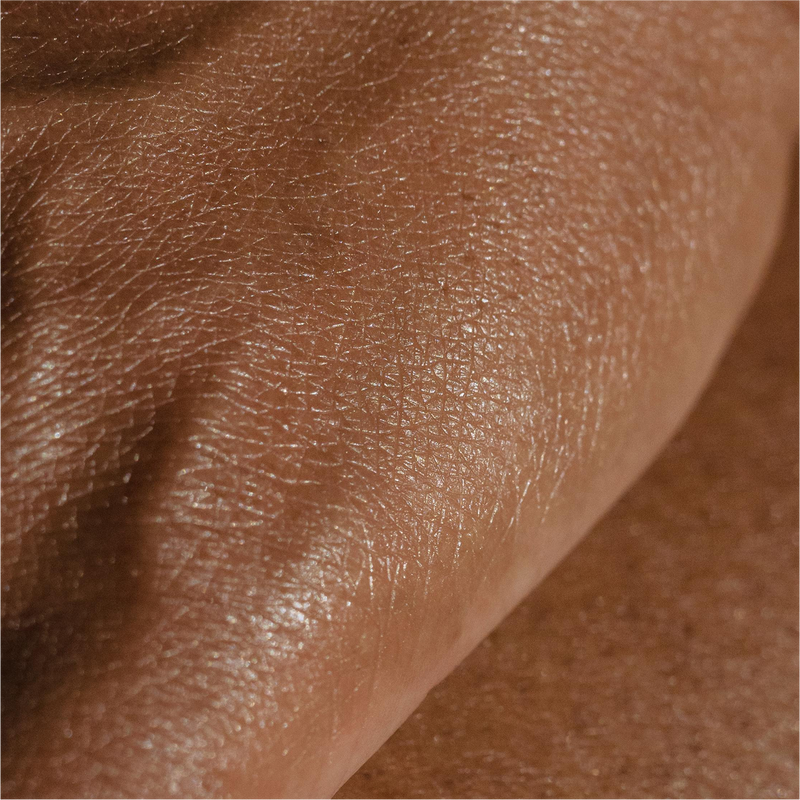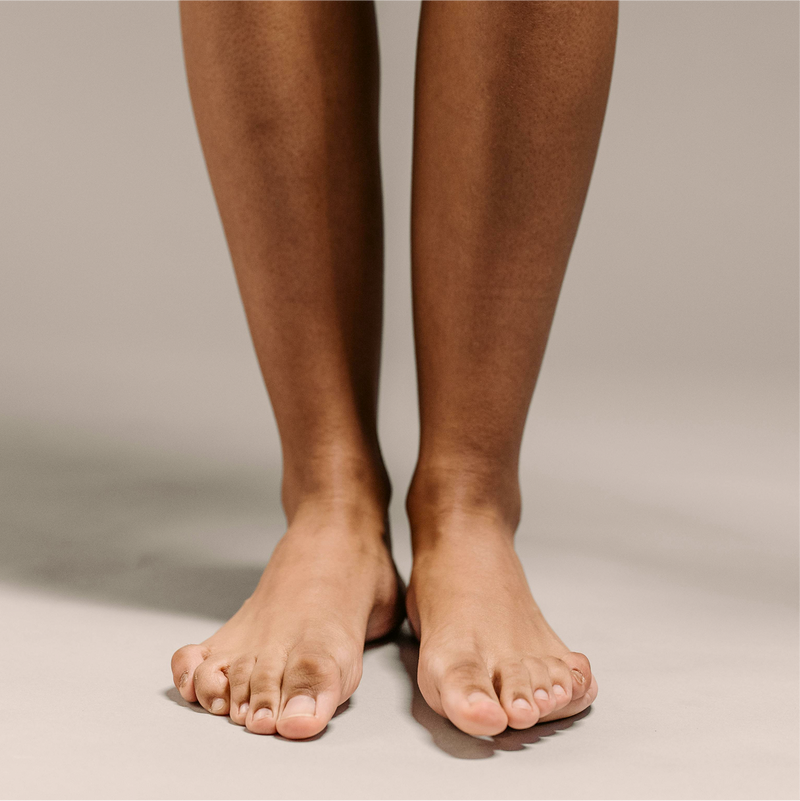Navigating the world of skincare can often be a treacherous journey, full of pitfalls and false leads. Many times, you might find yourself trying various treatments that fail to bring about any kind of lasting change. And yet, despite all your efforts things still don’t improve - leaving you unsure as to what is wrong with your skin in the first place. If this sounds familiar, then it’s very likely that you could be suffering from one of the most commonly misdiagnosed skin conditions out there. While they can seem confusing and hard to spot at first glance, taking the time to get an accurate diagnosis (and treatment plan) will undoubtedly make all the difference! Keep reading to learn more about these common skin conditions and why seeking professional help can lead to better results down the road.
A list of the most common misdiagnosed skin conditions
-
Rosacea
Rosacea is a chronic skin condition that affects millions of people worldwide. The exact cause of rosacea is unknown, but it is thought to be related to a combination of genetic and environmental factors. Symptoms of rosacea include redness, flushing, and bumps on the skin. Rosacea is often under-diagnosed because it can be mistaken for other skin conditions, such as acne or eczema.
-
Psoriasis
Psoriasis is a chronic skin condition that causes the skin to become red, scaly, and inflamed. It affects approximately 2% of the population and can occur at any age, but it is most commonly diagnosed in adults. Psoriasis is often misdiagnosed because it can be mistaken for other skin conditions, such as eczema or dermatitis.
-
Eczema
Eczema is a chronic skin condition that causes the skin to become dry, itchy, and inflamed. It affects approximately 10% of the population and can occur at any age, but it is most commonly diagnosed in children. Eczema is often misdiagnosed because it can be mistaken for other skin conditions, such as psoriasis or dermatitis. Hanni has your bases covered on Eczema and skincare.
-
Dermatitis
Dermatitis is a general term used to describe any inflammation of the skin. It can be caused by a variety of factors, including allergies, irritants, and infections. Dermatitis is often misdiagnosed because it can be mistaken for other skin conditions, such as eczema or psoriasis.
-
Urticaria
Urticaria, also known as hives, is a condition that causes the skin to break out in raised, red welts. It affects approximately 20% of the population and can be triggered by a variety of factors, including allergies, stress, and certain medications. Urticaria is often misdiagnosed because it can be mistaken for other skin conditions, such as dermatitis or eczema.
-
Vitiligo
Vitiligo is a condition that causes the loss of pigment in the skin. It affects approximately 1% of the population and can occur at any age. Vitiligo is often misdiagnosed because it can be mistaken for other skin conditions, such as psoriasis or vitiligo itself! Vitiligo can also be difficult to diagnose because it may take years for the symptoms to appear.
-
Acne vulgaris
Acne vulgaris is the most common form of acne and affects millions of people worldwide. It typically occurs during puberty but can affect people of all ages. Acne vulgaris is often misdiagnosed because it can be mistaken for other skin conditions, such as dermatitis or eczema. Additionally, many people believe that acne vulgaris will resolve on its own without treatment.
Skin conditions may appear similar in a lot of cases, especially when it comes to the most common ones. That is why proper and timely diagnosis is essential for ensuring the right treatment. Remember, go to your doctor if you have any questions about what type of skin condition you might have and always consult with them before making any decisions about treatments. On the other hand, if you believe you are experiencing mild discomfort from one of the conditions we discussed today, then heyhanni could be a great option for treating some of these misdiagnosed skin conditions. In either case, being educated on this topic can help you get back to living comfortably and confidently in your own skin.





